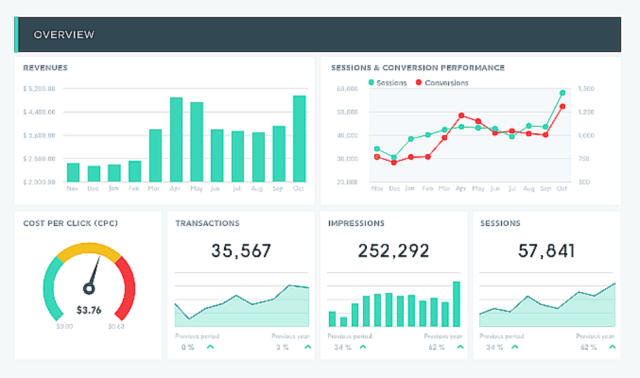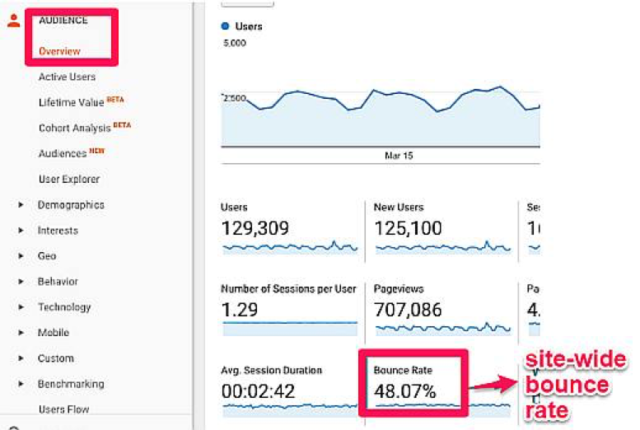Digital Marketing Analytics: Let the data speak for itself

By: Dr. Evi Rinawati Simanjuntak, M.M.
New digital technologies have reshaped marketing theory and practice over the last decade. This have led to a drastic change in the quality and quantity of information we are able to store, access, and analyze. With this proliferation of data has come an increasing need for many businesses to better understand and react to various consumer patterns. Ultimately, businesses require a shift in the way they measure, plan, and implement marketing activity. Marketers also need new competencies in understanding online consumer behavior and market responses. This is where marketing analytics play an important role.
Marketing analytics are the numerical data and statistics that are generated by a customer’s activity both offline and online. This can come from a number of sources such as activity on the company’s webpage, responses from newsletter emails or views on a company video. Marketing analytics allow marketers to go further than ever before to quantify a ROI on any marketing efforts. Digital landscape makes everything quantifiable, enable marketers to measure the result of any marketing initiatives they conduct, hence enable them to manage it in a better way. Digital visualization of what being measured can be provided in Analytic Dashboard; one of the example is shown in Figure 1.

With that huge numerical data and tools available now, marketers need some new competencies that are required in this digital era, for example, competencies related to:
- Articulation of the value of integrated marketing and how various digital channels can be leveraged to optimize marketing spend,
- Analysis of marketing campaign performance using available digital marketing analytics tools,
- Provision and implementation of predictive analytics when optimizing a digital marketing campaign across various digital marketing channels,
- Investigation on the potential and current application of machine learning and artificial intelligence for digital marketing
The data and tools available today can give marketers the insight they need to improve marketing and advertising performance. Digital marketing analytics tool can be used to monitor behavior that is the most critical component of goal setting. Different objective (e.g. to increase awareness vs. to get target audience to take some sort of action) requires different digital metrics. CTR (Click through Rate) measures how many people click on the provided (whether it be as a Google AdWord, an email link or on company website, QR code, etc.). This metric gives a starting off point to measure how much interest the content has generated into potential leads.
Metrics with regard to amount of behavior change, for example conversion rate, measuring how many people out of all the people who clicked on the link, were converted into sales or leads. In contrary to conversion rate, bounce rate shows the percentage of people that have opted out of the website after viewing the first page. The result of a potential customer leaving on the first page means a potential sale lost. This figure needs to be monitored and kept at a low rate at all times.

By using digital marketing analytics marketers can now better understand both the qualitative and quantitative dimensions of a prospective audience. When the data is being analyzed it can also allow for the use of predictive analytics, giving the business the ability to make data driven decision on what to market and when. They can use this knowledge to personalize user experiences and facilitate a real value exchange that meets users’ needs and expectations.
Dr. Evi Rinawati Simanjuntak is currently a Subject Content Coordinator and Faculty Member in Business Management and Marketing Program at Binus Business School International Undergraduate Program. Further about her profile can be found here.
(Students in Business Management and Marketing – International Undergraduate Program will learn relevant topics on digital analytics under the course: Web analytics and e-CRM. Visit our Business Management and Marketing curriculum to know more.)

